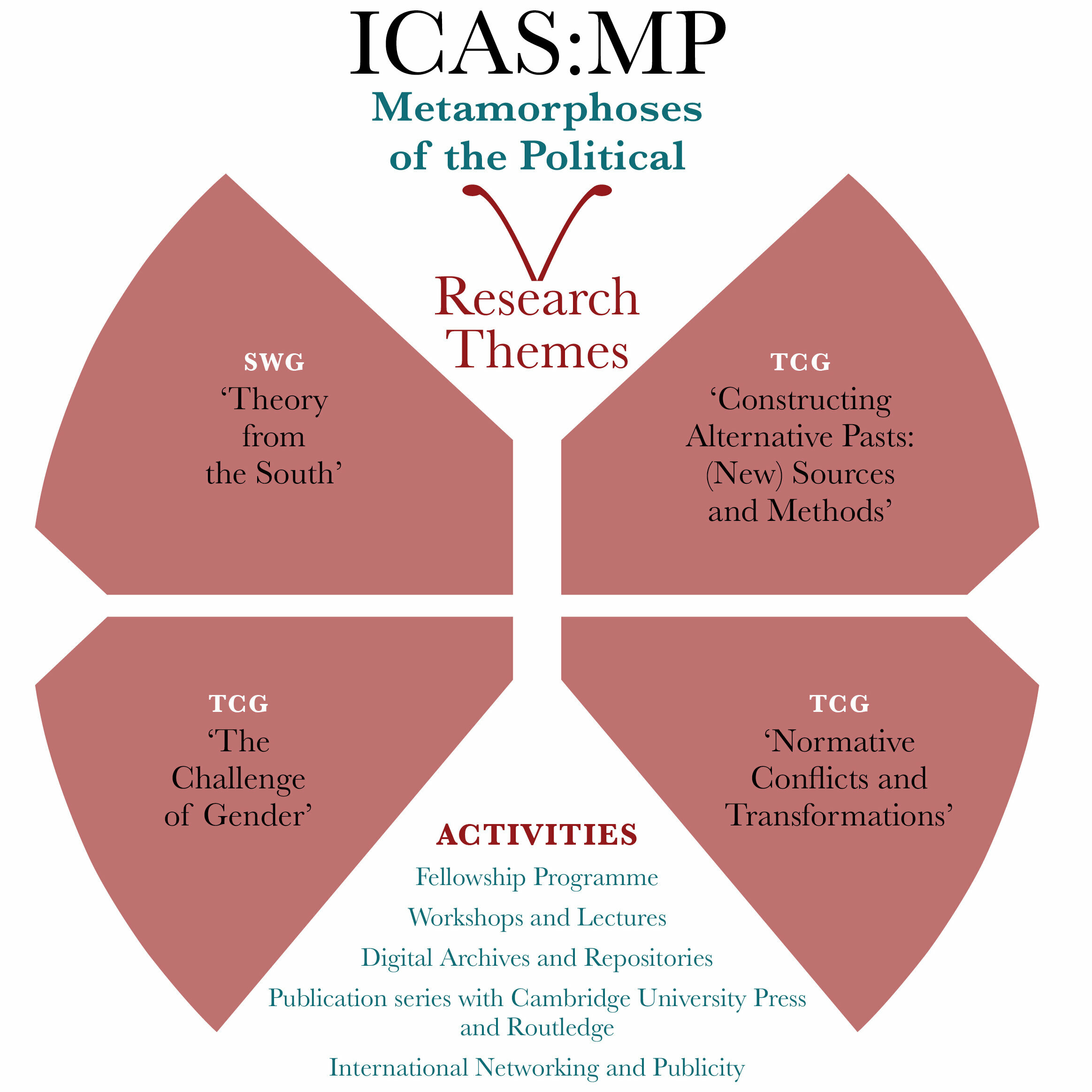 India Research Programme
India Research Programme
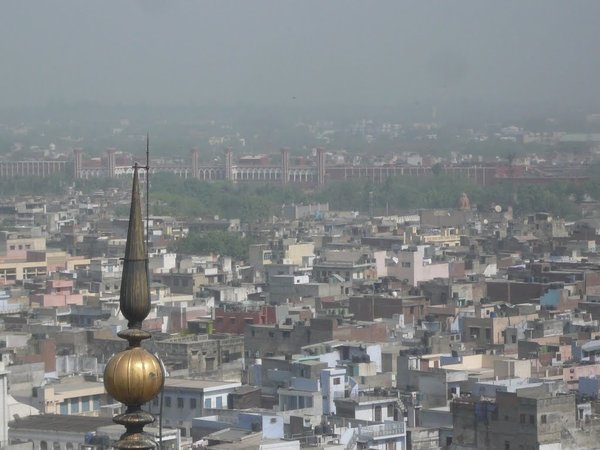
The GHIL has been actively engaged in research on the colonial and modern history of India since 2012. Its India Research Programme (IRP) came into existence in January 2018. The IRP works closely with project partners at well-known Indian universities and research centres to produce collaborative historical research on India. It has run long-term research projects on topics such as poverty and education and education and the urban in India since colonial times. Current projects include topics such as law, bureaucracy and monument making in colonial India, the production of popular histories in colonial and contemporary India, and digital archives and the politics of crowdsourcing history. The IRP plays an active part in shaping the research area Colonial and Global History at the GHIL.
History of the programme
The IRP was preceded by a five-year Transnational Research Group on 'Poverty Reduction and Policy for the Poor between the State and Private Actors: Education Policy in India since the 19th Century', which the GHIL ran in collaboration with distinguished scholars from Germany, India and the UK from 2013 to 2017.
People and Collaborations
At present the Programme includes GHIL Research Fellow Mallika Leuzinger and Senior Fellow Indra Sengupta, who is also Head of Programme. Research projects in India run with the assistance of research associates and assistants, who at present are supported by a third party grant from the BMBF-funded Merian Centre in New Delhi, ICAS:MP.
The IRP works in close collaboration with ICAS:MP (Thematic Consolidation Group ‘Constructing Alternative Pasts: (New) Sources and Methods’) and the Max Weber Forum for South Asian Studies in New Delhi. Collaborations include creating digitised source repositories, organising research conferences and exchange of scholars.
Research
Research Group
Education and the Urban in India since the 19th Century
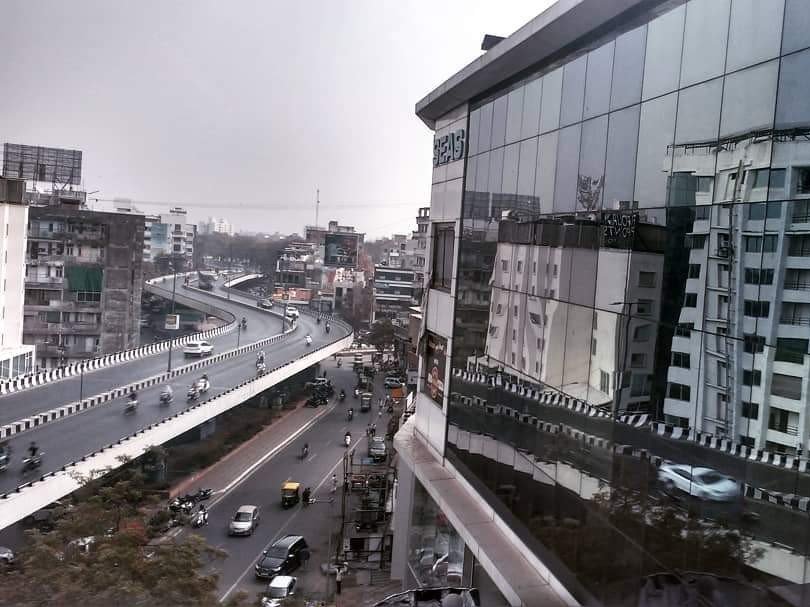
Focusing on major Indian cities, the research group examines the relation between education and the urban as a category in Indian society, which has undergone rapid and complex processes of urbanisation in the seven decades since independence from colonial rule in 1947. The project is conducted by Principal Investigators from Jawaharlal Nehru University (New Delhi), the Tata Institute of Social Sciences (Mumbai) and the National Institute of Advanced Studies (Bengaluru), along with the Head of the IRP.
Research Project
Selling History: Tourist Guides, Bazaar Histories, and the Politics of the Past in India in the late 20th and early 21st Centuries
Indra Sengupta
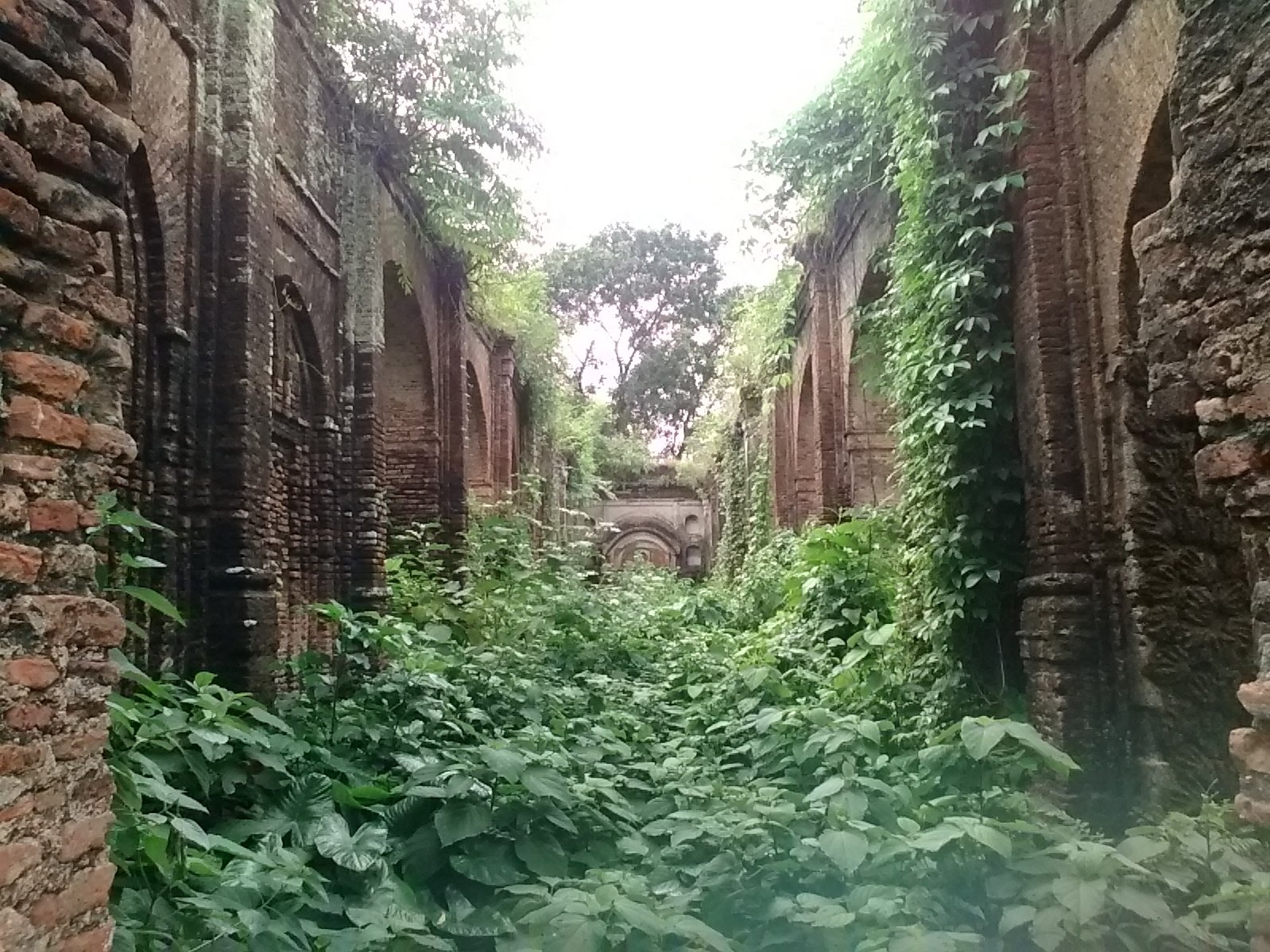
This project examines historical tourist guidebooks and locally produced historical tracts that circulate around historical/heritage sites in Murshidabad in eastern India. The aim is to understand the mutually constitutive relationship between popular regional ideas of the past and the changing political sphere in India since the late decades of the previous century.
Research Project
Preserving India’s Past: Law, Bureaucracy, and Historical Conservation in Colonial India 1904–1925
Indra Sengupta
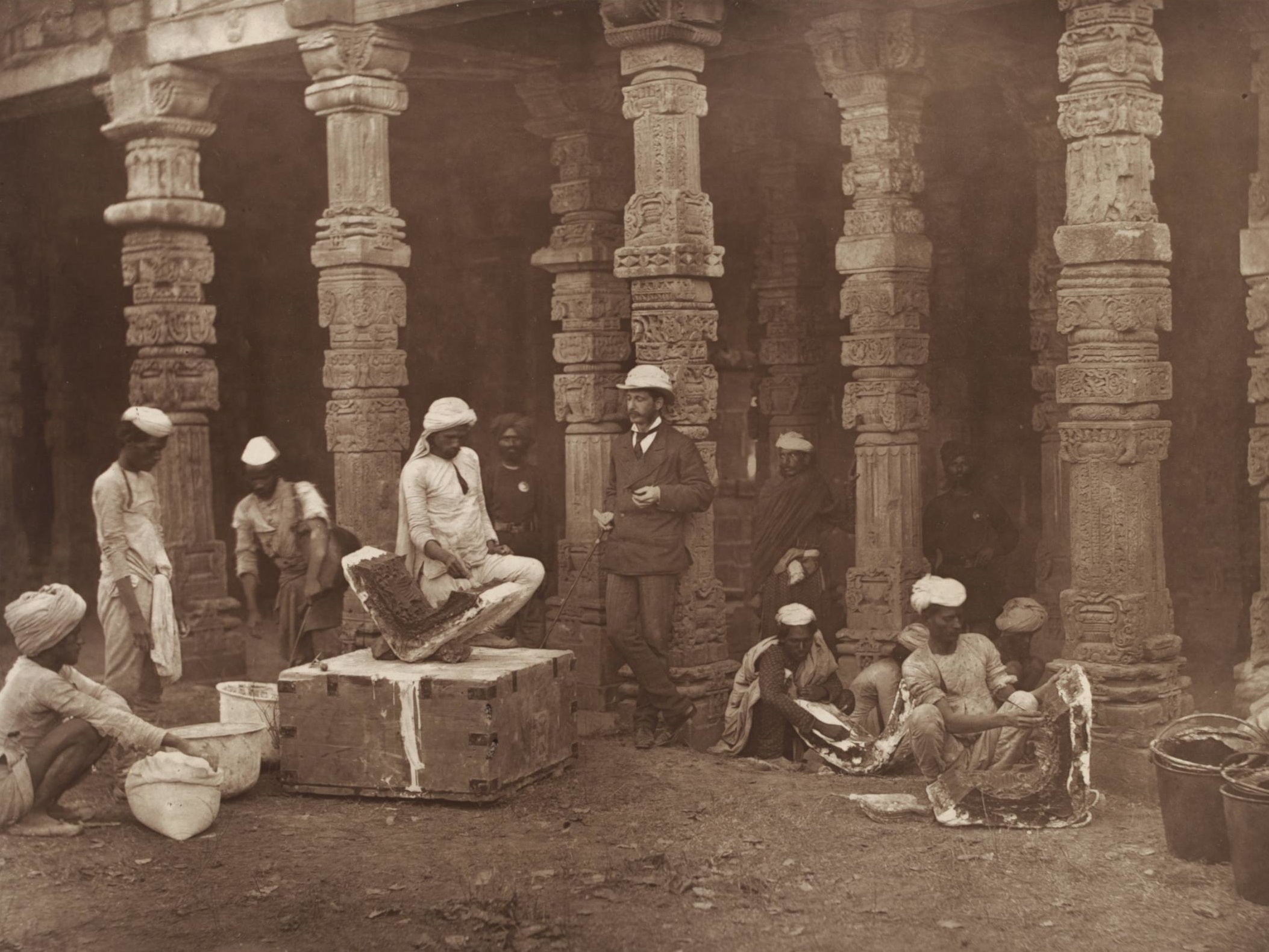
Taking the 1904 Ancient Monuments Preservation Act as a point of entry, this project examines the relationship between colonial law, its implementation by colonial bureaucracy, and the ‘making’ of historic monuments in India under British rule. The study focuses on Hindu religious structures. It looks beyond policy-making and analyses the many ways in which Indians exercised agency when faced with state power ‘on site’.
Research Project
Archival Imaginaries and the Politics of History in South Asia
Mallika Leuzinger
This project looks at the rise of internet platforms dealing in histories of the Indian subcontinent. It asks how, why and for whom these platforms constitute 'archives'. It examines the affective, material, visual and geopolitical registers they deploy and conjure, situating them in relation to institutional and/or stubbornly analogue collections; activist media projects; and popular history initiatives in Africa and the Middle East.
Research Project
Dwelling in Photography: Intimacy, Amateurism and the Camera in South Asia
Mallika Leuzinger
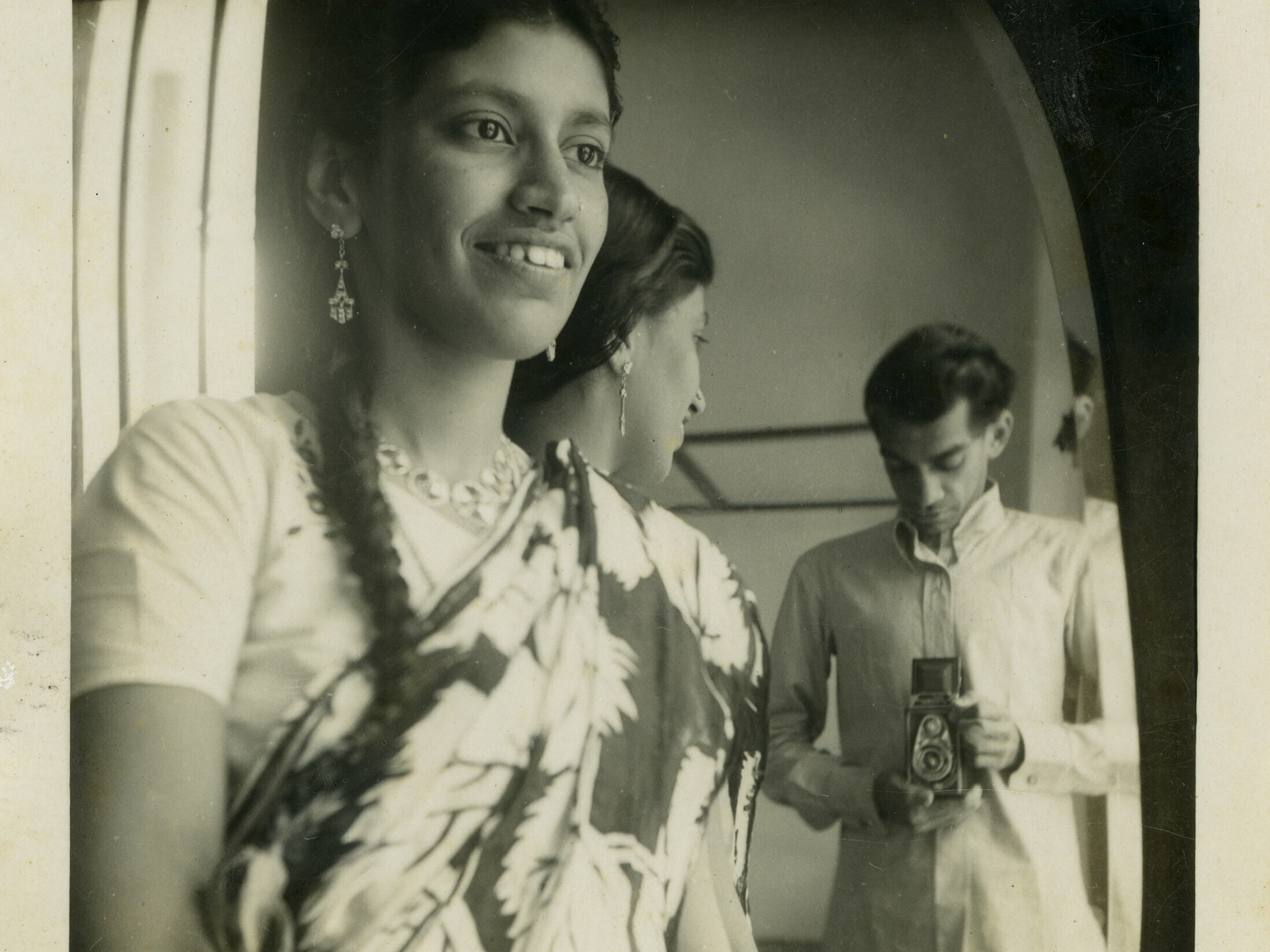
This project traces the development of photography as an everyday practice in South Asia, focusing on women’s engagements with the camera in and beyond the household.
Collaborative Projects
Collaborative Projects
ICAS MP
Constructing Alternative Pasts: (New) Sources and Methods
M.S. Merian – R. Tagore International Centre of Advanced Studies: ‘Metamorphoses of the Political’
Read or download flyer (PDF)
Past and completed projects
Bilderfahrzeuge – Aby Warburg’s Legacy and the Future of Iconology (2013-2023)
Schools, Colleges, and the Creation of a Suburb: An Education History of Nineteenth Century Uttarpara (Akash Bhattacharya, 2018–2019)
German-speaking Jewish refugees and India, 1930s–1950s (Joseph Cronin, 2017–19)
Transnational Research Group: Poverty and Education in India – a transnational collaborative project funded by the Max Weber Stiftung and directed by the GHIL (2013–2017)
Fellowships
Visiting Fellowships
India Research Programme Fellowships at the GHIL

The India Research Programme regularly invites senior scholars from India through its Visiting Fellowship programme. The fellowships are meant for scholars who are working on our areas of research or are project partners in our research networks in India, such as ICAS:MP. The fellowships consist of a short-term residency at the GHIL. During their time at the GHIL, the scholars will conduct research in UK archives and libraries and contribute to the intellectual life of the GHIL, usually by giving a talk in the Institute’s lecture series or similar events and taking part in research network meetings on joint projects. Senior visiting fellows are also an integral part of the IRP’s collaborations with research partners in Germany.
Visiting Fellows 2025
Aparna Vaidik, Professor of History, Ashoka University, India, June-July 2025
Aparna Vaidik is Professor of History at Ashoka University. Educated at St. Stephen’s College, Cambridge University and Jawaharlal Nehru University, she has previously taught at Georgetown University, Washington DC and University of Delhi. She is recipient of research grants from the British Academy, Andrew Mellon Foundation, Indian Council for Historical Research, and Charles Wallace India Trust. Her books include: Imperial Andamans: Colonial Encounter and Island History (Palgrave Macmillan, 2010), My Son's Inheritance: A Secret History Lynching and Blood Justice in India (Aleph 2020), Waiting for Swaraj: Inner Lives of Indian Revolutionaries (Cambridge University Press, 2022), and Revolutionaries on Trial: Sedition, Betrayal and Martyrdom (Aleph, 2024). Her ongoing projects are focused on public history, public pedagogy, contemporary history of India, and she is developing a new research project on history of forensic psychotherapy and autopsy.
Former Visiting Fellows
2024
Professor Ravi Sundaram, CSDS New Delhi – ICAS:MP Visiting Fellow
Professor Neeladri Bhattacharya, Ashoka University, Sonepat - ICAS:MP TM1 Visiting Fellow
Professor Radhika Singha, JNU New Delhi – IRP Visiting Fellow
Professor Chitra Joshi, Indraprastha College, Delhi University (retired) - IRP Visiting Fellow
2023
Awadhendra Sharan, CSDS New Delhi - ICAS:MP Visiting Fellow
Ravi Vasudevan, CSDS New Delhi - ICAS:MP Visiting Fellow
2022
Professor Neeladri Bhattacharya, Ashoka University, Sonepat - IRP Visiting Fellow
Professor Janaki Nair, JNU, New Delhi (retired), - IRP Visiting Fellow
Professor Prabhu Mohapatra, University of Delhi – ICAS:MP Visiting Fellow
Joint Fellowships
GHIL/IRP-MWF Joint Fellowship
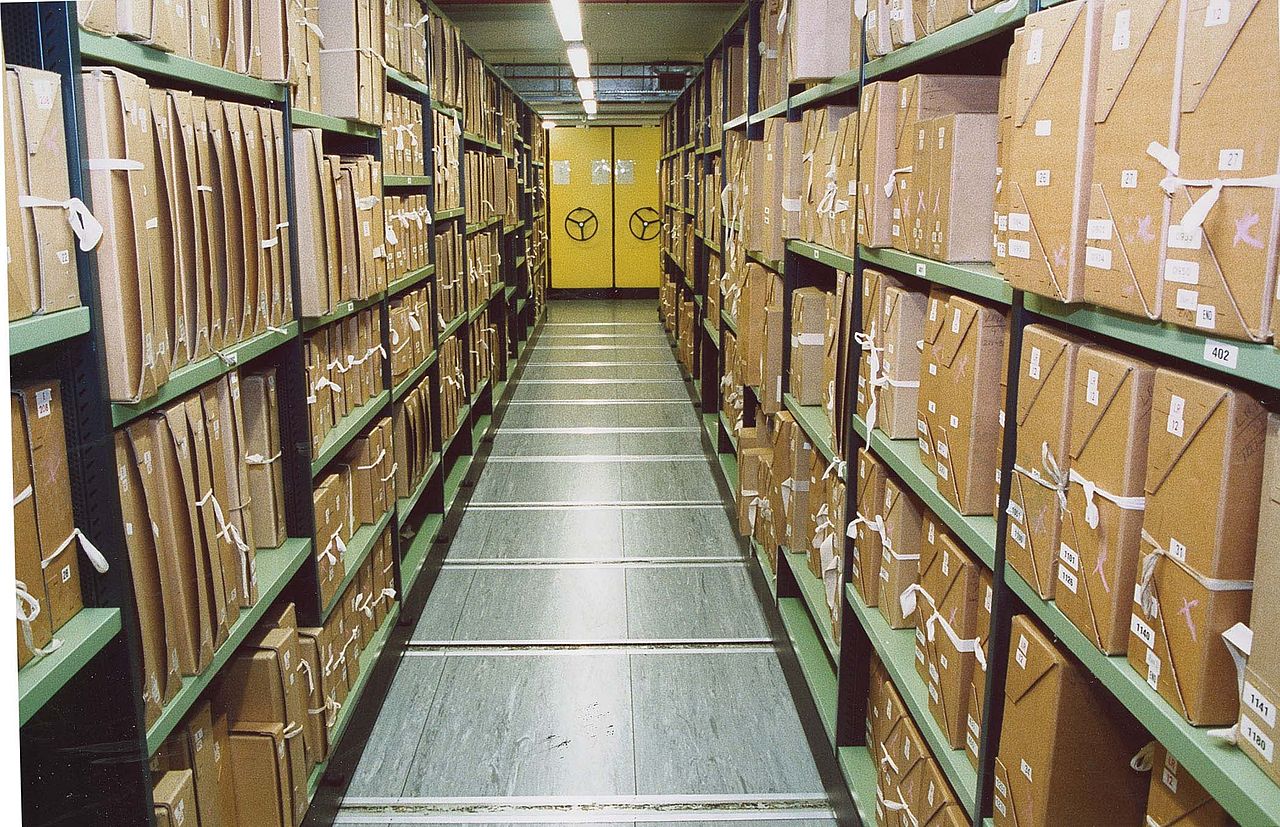
The Joint Fellowship is a collaborative programme that is run jointly by the GHIL/IRP and the Max Weber Forum for South Asian Studies, New Delhi.
The fellowship is open to early career scholars (postdocs/no later than 6 years from completion of PhD) from universities and other academic research institutions in Germany who wish to spend time in the UK and India, and whose research is situated in the broad field of the history of the British Empire and Colonialism.
The deadline for the 2026 Joint Fellowship is 26 September 2025 (23.59 hours Central European Time).
Former Joint Fellows
2024
Dr Samira Junaid (Bengaluru) and Dr Jolita Zabarskaitė (Berlin): ‘Greater India’ from the perspective of South India and Malaya from the late colonial period to the early 1960s
